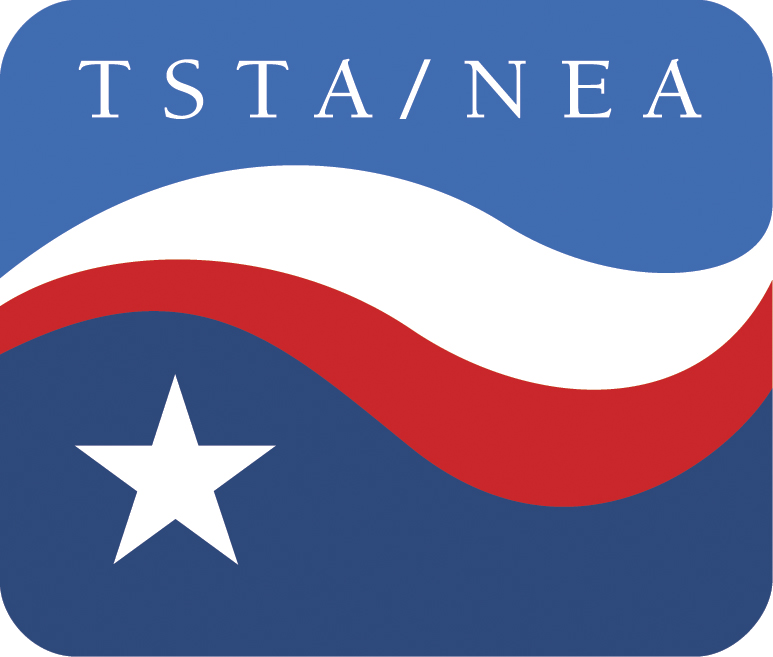Senate expands instructional allotments bill
The Senate on Tuesday passed House Bill 6, the instructional allotments bill by Rep. Rob Eissler, after adding several amendments, including one allowing a limited expansion of charter schools and others promoting the state virtual school network.
On second reading, senators also approved two amendments by Sen. Dan Patrick, which later were withdrawn on third reading. One would have required a teacher appraisal system to be based on the performance of a teacher’s students, which TSTA opposed and was instrumental in getting removed. The other would have affected the State Board of Education’s oversight of open source textbooks.
Several of the other amendments that remained on the bill would implement part of Sen Florence Shapiro’s SB1483, her virtual school bill. One amendment by Shapiro would require a school district to give students the opportunity to enroll in electronic courses provided through the state virtual school network. Another Shapiro amendment would address funding of virtual courses through the Foundation School Program. The funding would be based on actual, successful completion of a virtual course.
Another amendment by Sen. Shapiro would make the instructional materials allotment effective immediately. Another amendment was Shapiro’s SB597, which states that on the application of the charter holder, the commissioner may grant designation as a charter district to an open-enrollment charter school that meets financial standards adopted by the commissioner. The financial standards must require an open-enrollment charter school to have an investment grade credit rating as specified by Section 45.0541. A charter district may apply for bonds issued under Chapter 53 for the open-enrollment charter school to be guaranteed by the Permanent School Fund as provided by Chapter 45.
A Patrick amendment that remained on the bill is his SB127, which would abolish the cap on open-enrollment charter schools and allow the State Board of Education to grant as many as 10 new charters for an open-enrollment charter school each fiscal year. The amendment also would allow a charter holder to establish one or more new open-enrollment charter school campuses under a charter without applying for authorization from the State Board of Education under certain circumstances. The amendment allows the state board to grant a charter on the application of an eligible entity for an open-enrollment charter school intended primarily to serve students with disabilities, including students with autism. The amendment also provides for automatic renewal of a charter, caps special education charters at two per year, and allows the commissioner to levy penalties against charter schools for any violation of law or rules. The amendment also requires the commissioner to modify, place on probation, or revoke charters with certain violations.
Other adopted amendments:
- Require the publisher of an adopted textbook for a grade level other than pre-kindergarten to submit an electronic sample copy.
- Allow the State Board of Education to remove certain electronic and instructional materials from the list compiled by the state education commissioner during the mid-cycle review..
- Deal with warehousing instructional materials.
- Involve school district food service contracts.
- Involve a school district’s grading policy.
- Prohibit the state education commissioner from denying approval for a charter holder to add one or more additional open-enrollment charter schools under an existing open-enrollment charter if certain conditions are met.
House Bill 6 now will go back to the House, which can accept the Senate amendments or, more likely, ask for a conference committee to work out the differences – or add even more provisions.
The Senate on Tuesday also passed:
- House Bill 968 by Rep. Strama, requiring removal of a student to a disciplinary alternative education program for the felony offense of aggravated robbery. TSTA supports this bill.
- House Bill 1907 by Rep. Madden, requiring teachers to be promptly notified of serious criminal offenses for which their students are arrested.
- House Bill 692 by Rep. Farias, directing the State Board of Education to allow a student who is unable to participate in physical activity due to disability or illness to substitute one credit in English Language Arts, math, science or social studies or one academic elective credit for PE. This credit cannot be used as a substitution for another required credit under the graduation plan..
- House Bill 2038 by Rep. Price, prohibiting a student from participating in an interscholastic athletic activity until both the student and the student’s parent, guardian, or other person with legal authority to make medical decisions for the student have signed a form acknowledging receipt of written information about concussions. The bill also contains other provisions for the treatment and prevention of concussions.
- House Bill 2120 by Rep. Doug Miller, allowing the governor to appoint one member from a slate of three nominated members of the retirement system.
